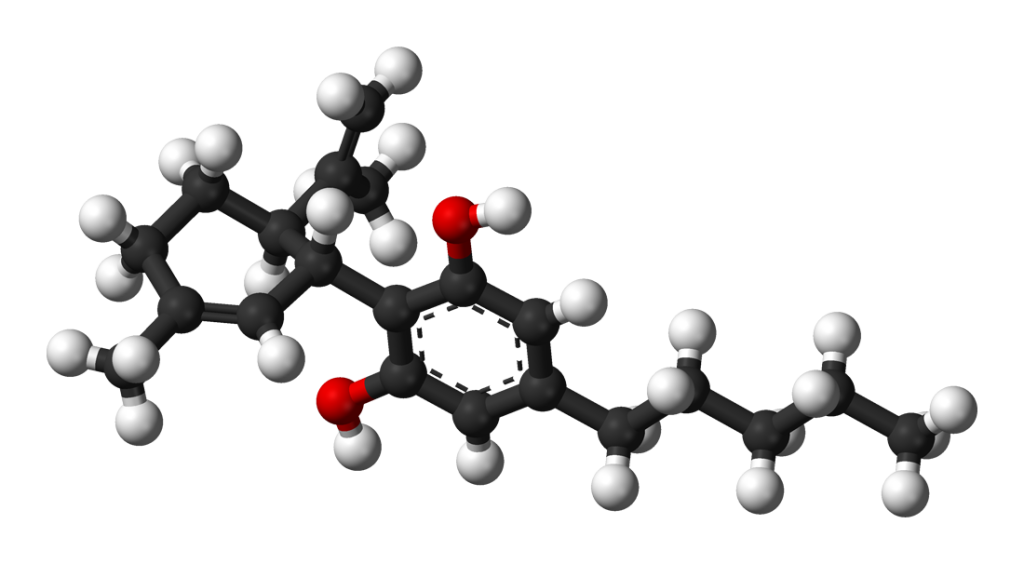
CBD, also known as Cannabidiol, is a pure extraction chemical compound found in Marijuana, similar to THC, or Tetrahydrocannabinol—although THC has psychoactive ingredients and typically causes a “high”, while this is not the case with CBD.
The last decade or two has been consumed by researchers and scientists intensively trying to identify, test, and apply new, more effective treatments for children and young adults with a broad array of seizures in improving their health and condition.
From Dravet and Lennox-Gastaut syndromes to Grand Mal seizures, scientists and practitioners alike have been struggling vigorously to identify and apply more effective medications to reduce and ideally completely terminate the prominence of seizures.
The New CBD Drug
The newest CBD (Cannabidiol) drug in which has been discovered and is in its test phases is pharmaceutically referred to and labeled as Epidiolex—created and funded by a major pharmaceutical company known as GW Pharmaceuticals.
Recent tests administered by NYU Langone Medical Center in New York City have shown there is a significant possibility of seizure reduction in the utilization of this medication over the period of 12 weeks. However, it also included “failed” trials in which it caused side-effect or had no effect at all—while others simply quit the trial, or were removed from the test-pools due to their age or other medical conditions.
The usage of medical marijuana across the board is typically looked down upon and rejected by most states, governments, and many scientific and research professionals alike, when it comes to medicinal purposes. Many scientific experts, researchers, and professionals point out that medical marijuana undoubtedly possesses both strong psychoactive, as well as inarguably addictive characterized compounds and chemical agents that can lead to further health problems or deterioration of mental health status.
While the purpose and research set forth in this new drug is to determine whether or not medical marijuana can be used to improve one’s health and deter to stop seizures, many medical experts have their shares of concerns, criticism, and speculation of potential negative side effects.
How Epidiolex Might Work
Medical experts and scientists understandably want to zero in on the specific likelihood of how Epidiolex might work to stop seizures or improve health, but at the same time need concrete evidence that the drug is effective in such—if they are to realistically obtain approval by the FDA for its licensing and marketing.
Medical experts are attempting to determine whether or not there’s a probable link and desirable mutually interactive value to using a drug like Epidiolex in correlation with another, reputable anti-seizure drug such as Clobazam, for example.
The Future of Anti-Seizure Drugs
Understandably, many patients are hesitant not only to rely on medical marijuana as an answer to their medical disorders or illnesses, but also to subject themselves to potentially increased discomfort, harm, or increase in seizures—which was a shown possibility in the most recent experiments conducted in using Epidiolex in test subjects.
Consumers and patients are always interested in new, potential and modernized drug solutions to severe illnesses in which absolutely no other pharmaceutical drugs seems to have a desirable, if any, impact towards treating—such as chemotherapy patients for example.
Even if temporary, or for a short-term (desired) period, drugs like Epidiolex could easily be the key to the future of more effective, unique, and dynamic pharmaceutical approach to treating critical diseases such as Multiple Sclerosis and even Cancer.
Image credit: Ben Mills (Wikipedia)
